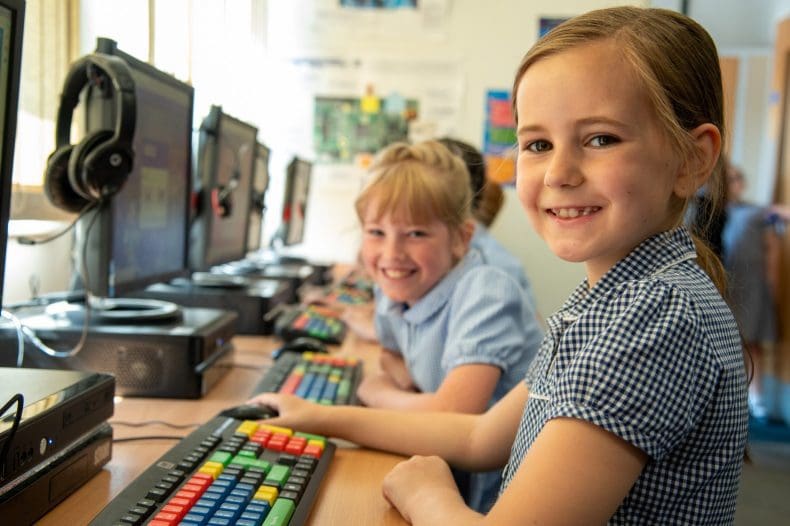
Subject Leader: Mr Towson
“Everybody in this country should learn how to program a computer…because it teaches you how to think.” – Steve Jobs
At Allanson Street Primary School, we aim to provide our children with the highest quality computing education, one which is designed to develop the knowledge, skills and understanding to help them access and use a range of technology in a safe and creative way. We want to inspire and ignite a life-long curiosity and fascination about the digital world, an understanding of their place and responsibilities there and how systems work. It is our hope that this fascination will inspire our children to not only explore and respect the digital world but also instil in them a desire to make that world a better place for themselves and others through their creativity and actions.
We want our children to have no limits to what their ambitions are and grow up wanting to be computer programmers, game designers, IT technicians and software developers. We want our children to remember their computing lessons in our school, to cherish these memories and embrace the wide range of opportunities they are presented with.
What will our children learn and why?
At Allanson Street Primary School, we endeavour to shape our computing curriculum to ensure it is fully inclusive to every child. Our aims are to fulfil the requirements of the National Curriculum for computing by providing a bespoke, broad and balanced curriculum, ensuring the progressive development of computational concepts, knowledge and skills and for the children to develop a love for computing.
At Allanson Street Primary, we want our children to be in control of technology and not slaves to it. Technology is everywhere and will play a pivotal part in children’s lives. Therefore, we want to model and educate our pupils on how to use technology positively, responsibly and safely. We want our children to understand that there is always a choice with using technology and as a school we utilise technology (including social media) to model positive use.
The National Curriculum has six objectives for KS1 and seven objectives for KS2. Although not explicitly defined in the curriculum, these objectives can be split into three distinct strands: Computer Science, Information Technology and Digital Literacy.
Computer Science (CS) is the ‘foundation’ of the subject (i.e. the underlying principles that make up the subject). Children will learn how computers and computer systems work and how they are designed and programmed. Computer Science units cover programming units alongside units such as understanding how a school network and the internet works.
Information Technology (IT) is how you ‘apply this knowledge’ and understanding to purposefully create and make things. Children will use a wide range of products and software to enable them to plan, develop and create. These units will cover a variety of media such as video, audio, art, photography or music.
Digital Literacy (DL) is about understanding and considering the ‘implications’ of how you are going to do something online. The children will also think about why they are choosing to use something for a particular purpose. This strand also covers Online Safety, ensuring the children know how to use things safely, respectfully and responsibly. Online safety is also covered in a whole-school approach with areas of online safety also being taught within our RSE & PSHE curriculum.
How will we ensure that our children leave us equipped with the knowledge and skills needed to flourish in the next stage of their learning journey and beyond?
Our computing curriculum has been mapped from EYFS to Year 6 to ensure that every child receives a broad, balanced, and progressive curriculum.
Like all of our curriculum areas within EYFS, Computing is taught throughout Nursery and Reception and within provision. Although we may not have a computing lesson each week, children are still exposed to teaching and learning around computing. Often cross curricular links are made to teach computing alongside another area of learning. An example of this would be, in a literacy lesson about how a character may be feeling, we may use an iPad to record our ideas over the characters image – giving the children an understanding of the purpose to the technology being used.
In Key Stages One and Two, computing is taught in line with the National Curriculum as an independent subject once a week across three half terms. It is planned to ensure a rich education in which pupils develop a depth of understanding and a broad range of knowledge, allowing them to make links across concepts and topics. Each computing lesson, across both key stages, is delivered using the same blueprint of ‘Prior Learning’; ‘New Learning’; and ‘Reflection’. Lessons are organised in this way so that children continuously build and revisit knowledge, ensuring that it is remembered and stored in their long-term memory.
Knowledge organisers are used to support the learning of computing vocabulary and application-specific features that the children will need to use.
How will our Computing curriculum make a difference for our children?
We believe our children will:
- Have thoroughly enjoyed learning about computing, therefore encouraging them to undertake new computing experiences now and in the future.
- Use technology as good digital citizens being respectful and safe, wherever they go online.
- Participate in a rapidly changing world in which work and other activities are increasingly transformed by access to varied and developing technology.
- Be able to use computing tools to find, explore, analyse, exchange and present information responsibly, creatively and with discrimination.
- Learn how to employ computing technology and capabilities to enable rapid access to ideas and experiences from a wide range of people, communities and cultures.
- Have increased capability in the use of computing technology which promotes initiative and independent learning; with children being able to make informed judgements about when and where to use computing technology to best effect and consider its implications for home and work both now and in the future.
- Develop progressively as they move through the school, not only to enable them to meet the requirements of the National Curriculum but also to prepare them to become competent computer scientists in secondary education and for life as an adult in the wider world.
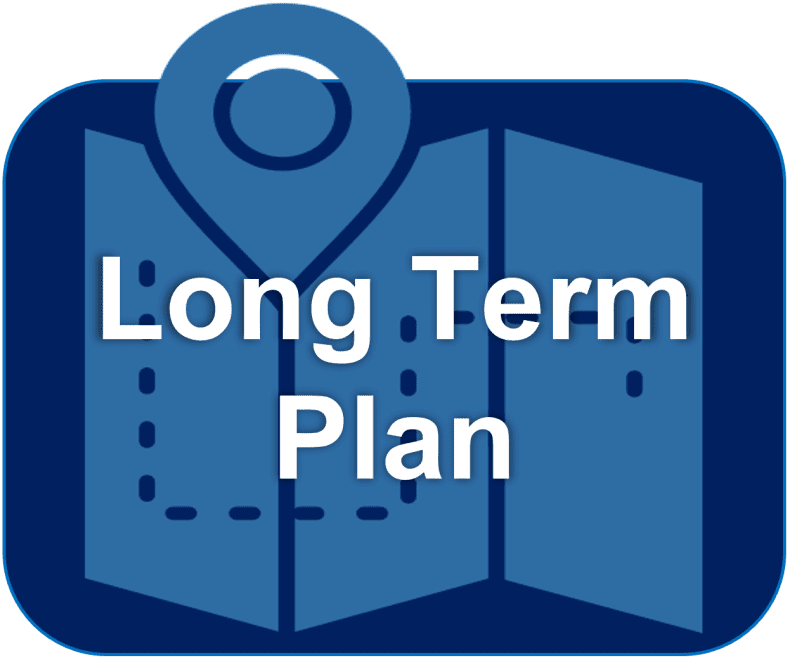 |
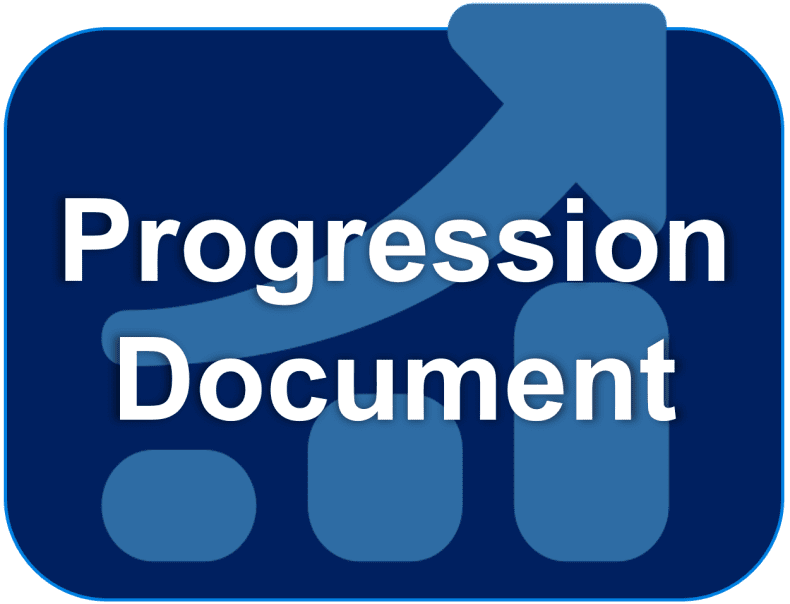 |
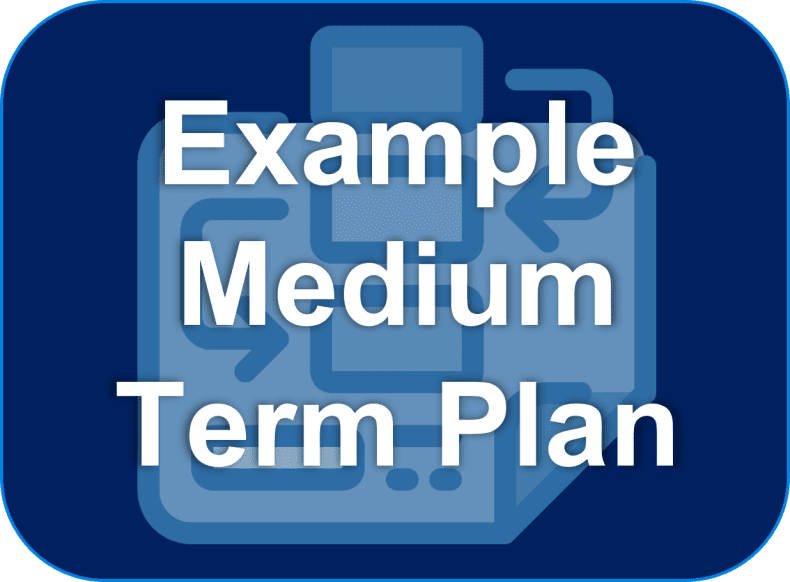 |
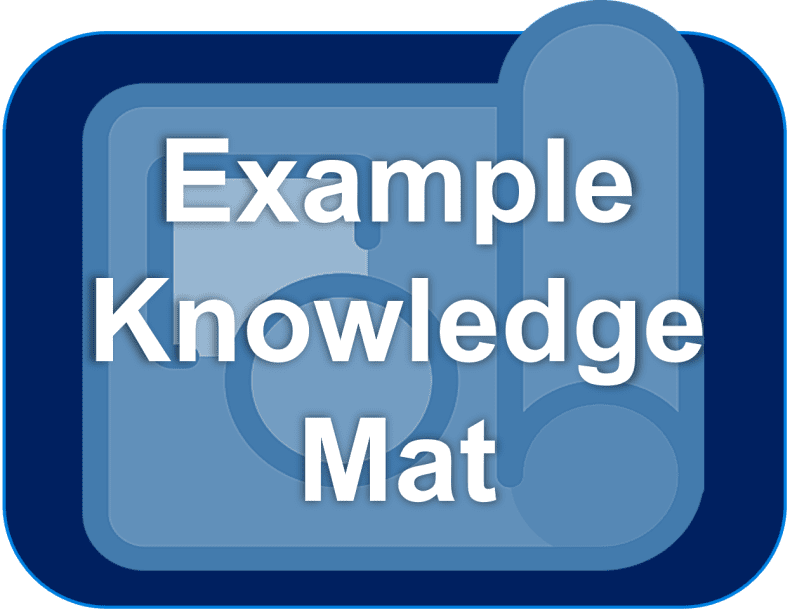 |
*Image Acknowledgements: icons8.com, www.iconfinder.com, umberto-jXd2FSvcRr8-unsplash.jpg,


